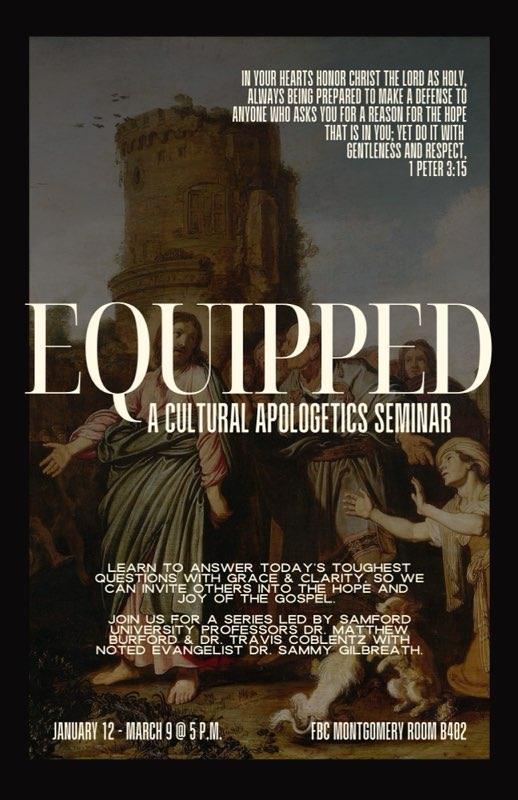
Week 1: Introduction – Setting the Stage
Paul on Mars Hill (Acts 17:16-34)
The story begins with Paul’s encounter with the philosophers at the Areopagus. Paul observes the religious practices of the Athenians and uses their altar to an “unknown god” as a starting point to present the gospel. He engages with their worldview, quotes their poets, and introduces them to the truth of the resurrection.
- Question: What can we learn from Paul’s method of engaging with people with different worldviews? How does he balance respect, understanding, and truth?
Define worldview as the lens through which individuals interpret life’s big questions. This includes key questions about:
- Origin: Where did we come from?
- Meaning: Why are we here?
- Morality: How should we live?
- Destiny: Where are we going?
Break it into components: – Broader cultural and philosophical questions all nations and cultures ask: – What does it mean to be human? – How are we related to nature? – How are we related to God or gods? – How are we related to each other? – Metaphysics: What is real? – Question: Do you believe the physical world is all there is, or is there more beyond what we see? – Epistemology: How do we know what we know? – Question: Can we trust our senses, reason, or experiences to determine truth? – Ethics: How should we live? – Question: What do you think is the ultimate standard for right and wrong?
Resources to Consider
“Classical Apologetics” – Sproul/Gerstner/Lindsey
“A Ready Defense” – Josh McDowell
“Faith has Its Reasons” – Boa and Bowman Jr.



